Safe Church Awareness Training
Who needs to complete Safer Churches Awareness training?
'Safer Churches' training is designed for all members who serve on local Church Board members as well as leaders/coordinators who hold child or youth-related positions across Australia and New Zealand.
To work or volunteer with children in Queensland, you need to have a blue card.
What is covered in the 'Safer Churches' training?
The online training uses videos, exercises and written (or spoken if preferred) content and consists of 7 modules online. It is available anywhere there is internet connectivity and a computer or handheld device.
This training is available at elearning.adsafe.org.au
Is this just an 'Adventist' requirement?
No. All organisations that work with children and young people are expected to train their staff and volunteers as part of their duty of care. The local Church is no different.
Capalaba Adventurers and Pathfinders have implemented the use of Operoo to assist Leaders in providing a high level of child safety.
For more information visit the Operoo website or read the FAQ on the South Queensland Children’s Ministries webpage.
Working with Children Check
What is a Blue Card?
All children in Queensland have a right to be safe and protected from harm. The blue card system regulates activities which are essential to children’s lives. These include child care, education, sport, cultural activities and foster care. Blue Card Services check and monitor people who work in these industries and help organisations to create safe environments for children.
The blue card system is made up of 3 parts: screening, ongoing monitoring and risk management strategies.
For more information read: The blue card system explained from the Queensland Government.
Who needs a Blue card?
To work or volunteer with children in Queensland, you need to have a blue card. If you are volunteering in work with children, this card is free.
Who doesn’t need a Blue Card?
In certain circumstances, you won’t need a blue card, to find out more about these categories please visit the Queensland Government Website.
How can I apply?
Complete online and print, or download and complete, the volunteer blue card form. Take the form to the church safety officer to complete the organisation details and sign. Once you have the form completed you can lodge it as directed by the form: online, in person, by fax or post.
If you are having difficulty accessing the form, the church safety officer should be able to provide a print copy to you.
Other Safety Resources
What is child abuse and neglect?
This resource sheet provides practitioners, policy makers and researchers with a working definition of child abuse and neglect. It provides a general definition of child abuse and neglect and definitions of the five commonly regarded subtypes.
Protective Behaviours
It is important that children and young people develop personal safety skills from a well-presented and well-structured personal safety program. Protective Behaviours develops personal safety skills that can be used by children, young people and adults to keep them safe and work towards reducing violence and abuse in the community.
Mandatory reporting
Mandatory reporting is a term used to describe the legislative requirement for selected groups of people to report suspected cases of child abuse and neglect to government authorities.
AdSAFE Resources
Here you will find the policy and procedure documents of the Church, materials to promote safeguarding in an attractive & informative manner, and articles & booklets to download.
eSafety
Helping Australians have safer, more positive experiences online. Resources for educators, children and young people, parents, women and seniors.
Privacy and your child
You can help your child to stay in control of their personal information, online photos and social media identity.
Commission for Children and Young People
Recognising, respecting and defending the rights of children and young people


